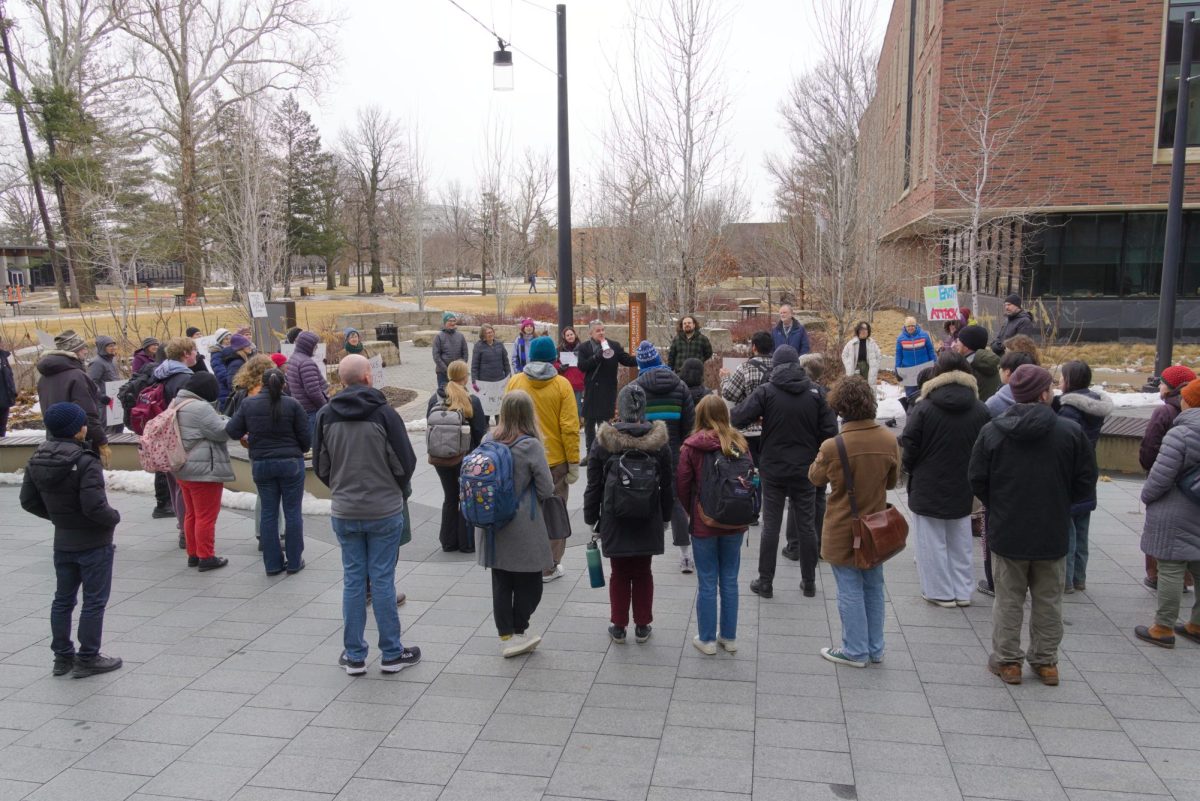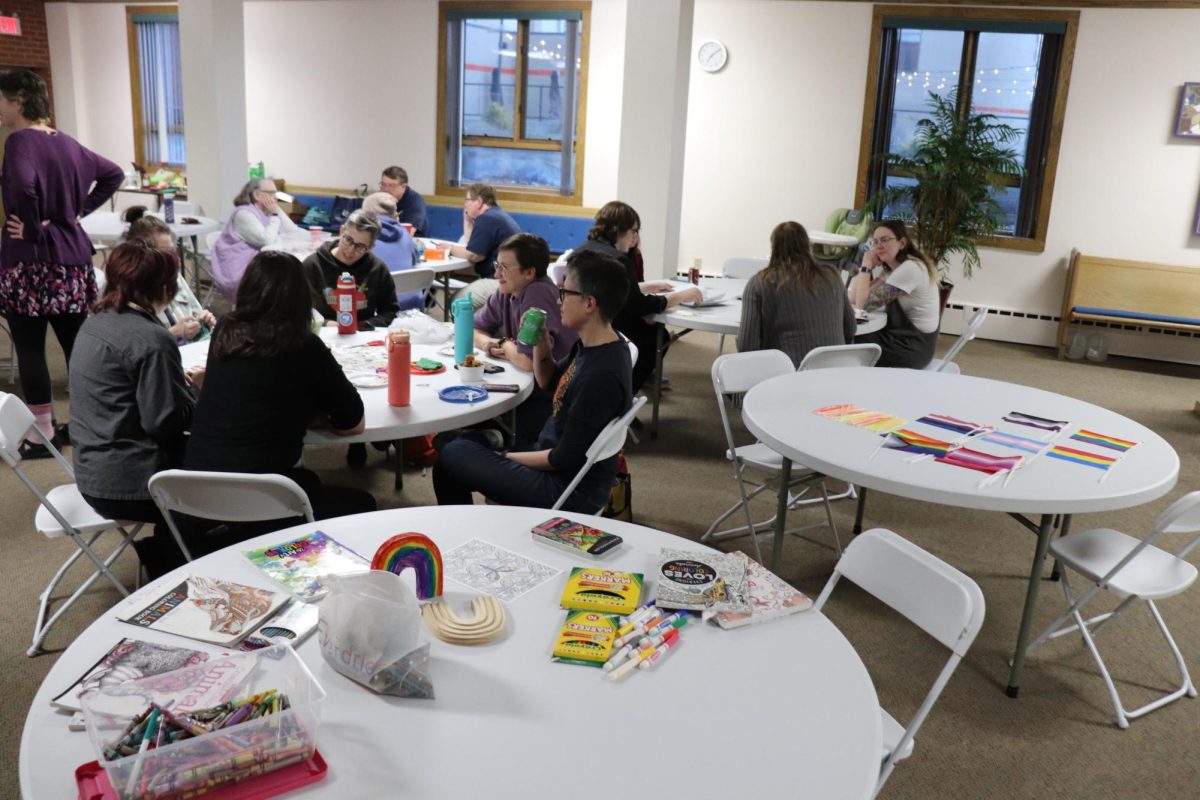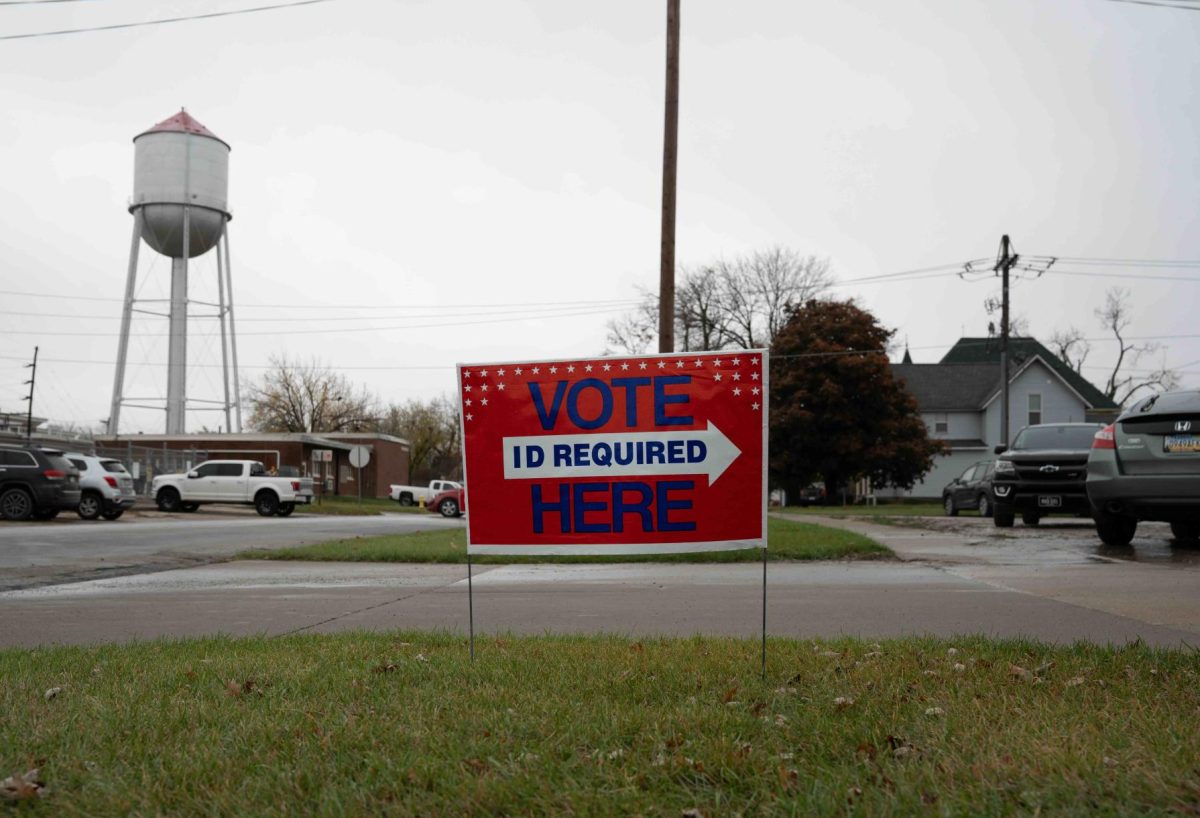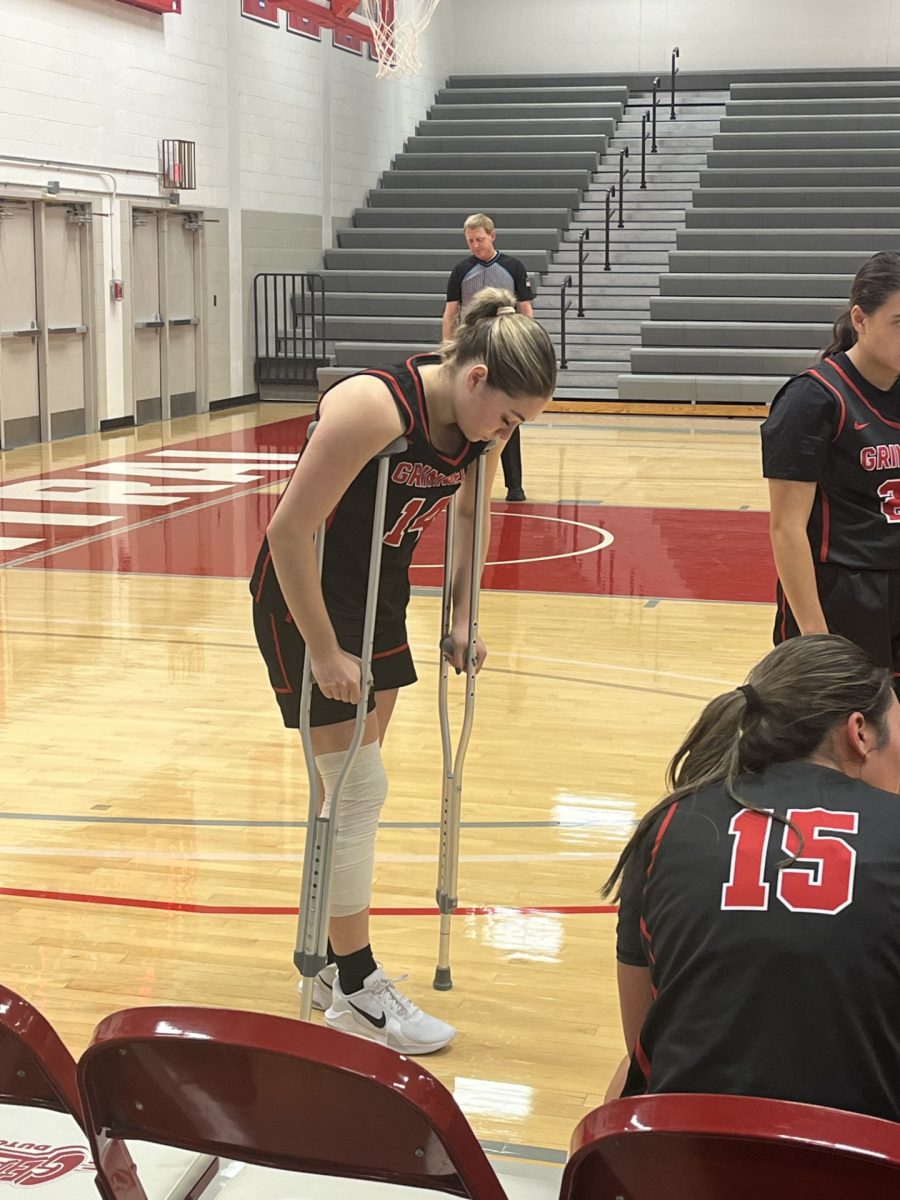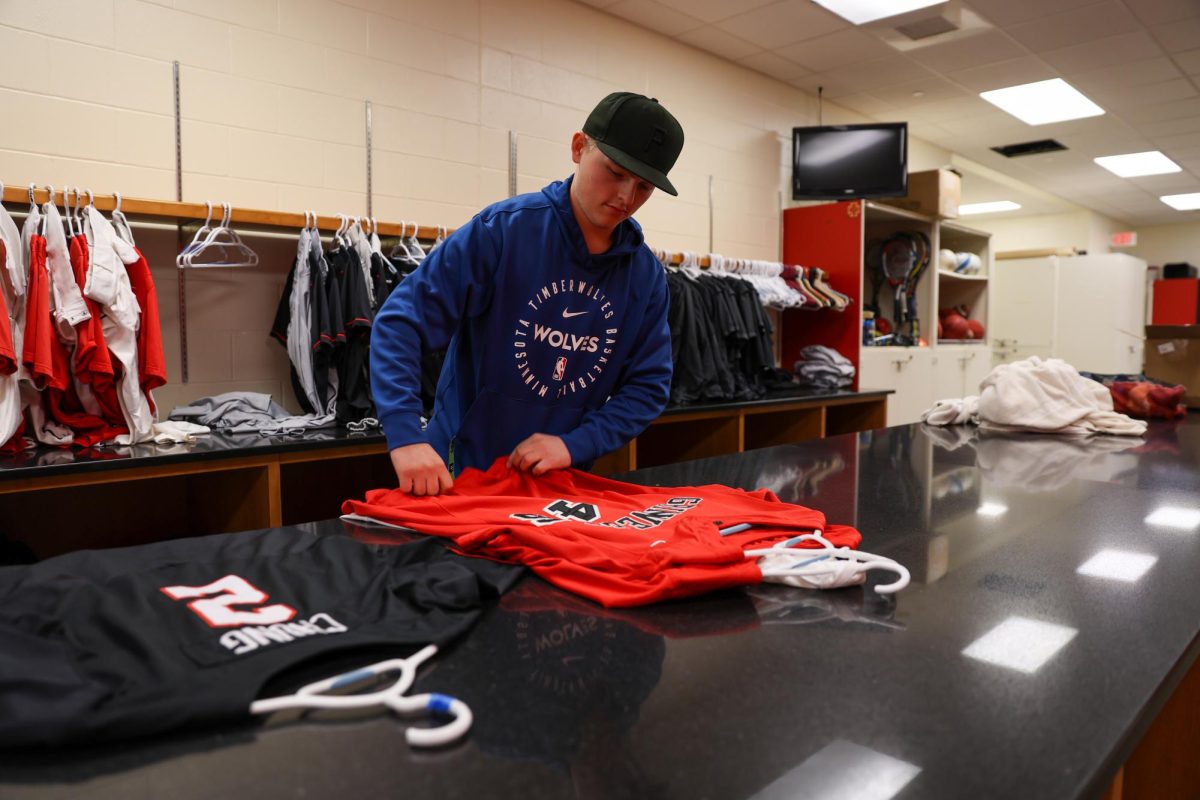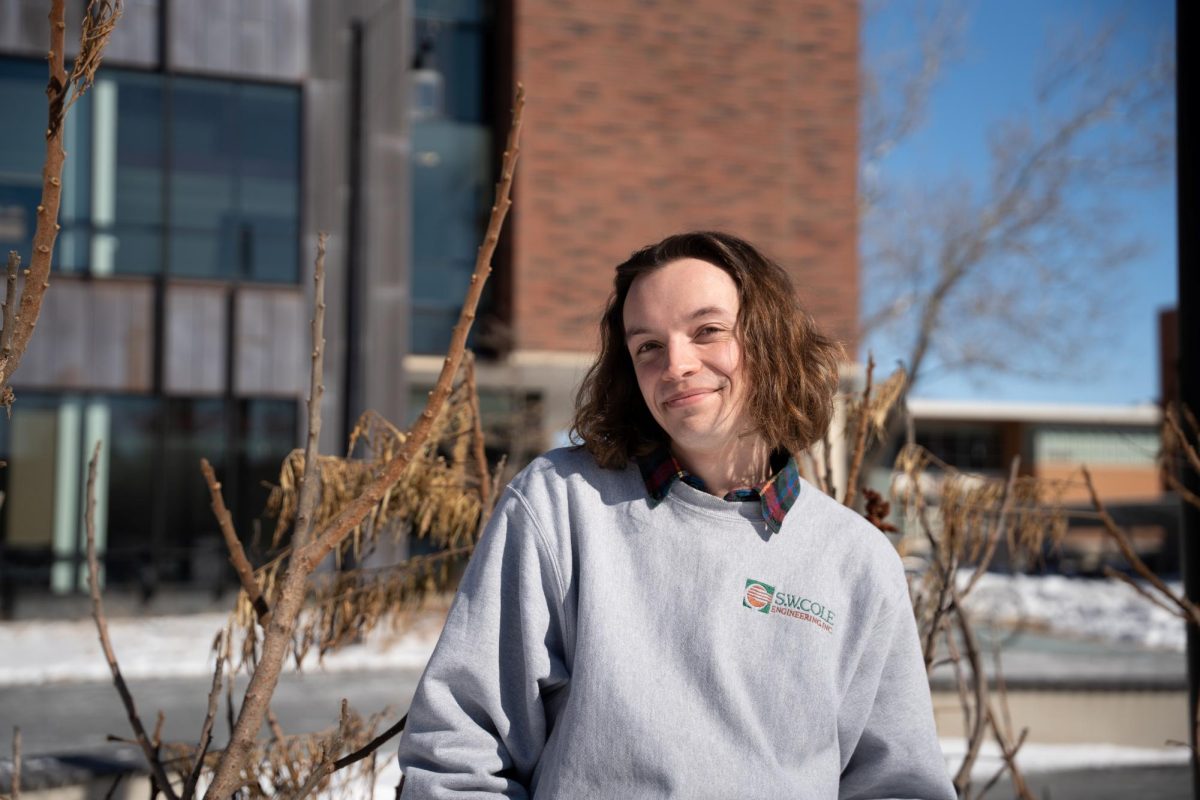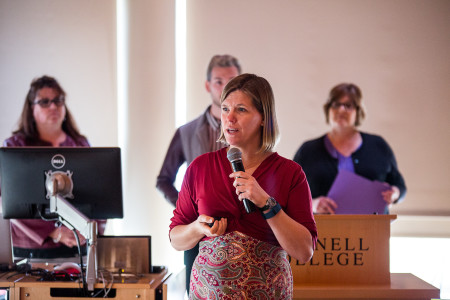
Ronnie Ruse
rusevero@grinnell.edu
The Wellness Forum, hosted by SGA President Dan Davis ’16 in conjunction with Wellness Director Jen Jacobsen, sparked discussion amongst students and shared information about the state of wellness on campus on Wednesday, Feb. 24. A continuation of the Wellness Town Hall last semester, the Wellness Forum shared the results of last year’s National College Health Assessment survey and discussed strategies for helping students succeed.
“We want to address the impact of the residential environment and student behaviors on academic success and student wellness,” Jacobsen said.
The survey, which was conducted at Grinnell from Feb. 22 through March 10, 2015, asked what factors adversely affected students’ individual academic success. According to student responses, the top four factors inhibiting student performance were stress, anxiety, sleeping difficulties and depression. A higher percentage of students reported feeling adversely affected in nearly every category, as compared to the 2011 survey.
In an attempt to address these factors, the college plans to implement a new program next year in Rawson Hall.
“Because we saw that sleeping difficulties was one of the things that negatively impacted student life at Grinnell, we thought it would be a good idea to pilot program Quiet Hall,” Davis said.
Some students questioned whether implementing Quiet Hall would take away from the community at Rawson Hall. Others mentioned that noise is not the only reason for sleeping difficulties and that stress and anxiety can also cause sleeping difficulties.
“We realize that there are many things that go into why a student might have sleeping problems, and we’re not saying that this is the only solution to the problem,” Davis said.
The new program will go into effect next year with a year-long trial.
The forum also addressed the intersection between mental health and drug use with regard to the NCHA survey.
“There was no correlation found between profound depression and being unable to function with binge drinking. There was a small, but significant, correlation with marijuana use. There was a moderate, significant correlation with sleeping difficulties,” said Beth Gallegos, Staff Counselor at SHACS.
Students talked about the stigma of mental illness and the disconnect between students who try to live a sub-free life and the types of weekend events available on campus.
The survey also revealed that 35 percent of Grinnellians self-reported feeling lonely. This number was evenly distributed amongst all class years. Students were then asked to discuss what role faculty plays in student well-being and in what ways faculty and staff show support. While the response was mainly positive, some students also expressed a desire to be able to give more feedback to professors, beyond the standard end-of-semester evaluations.
“When professors are receptive to student needs—any actions that point to a professor caring about you as a person and not just a student—is beneficial,” said Jane Jordan ’18.
Although the forum addressed a wide range of issues, it still left some students wanting more.
“I feel like they should have addressed drug and alcohol use more,” said Silas Hammel ’19.



